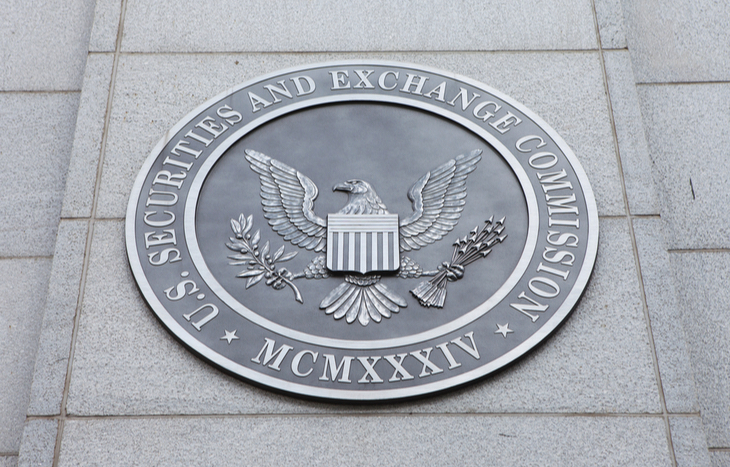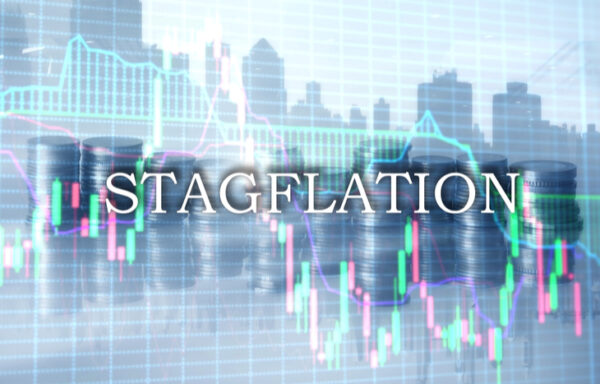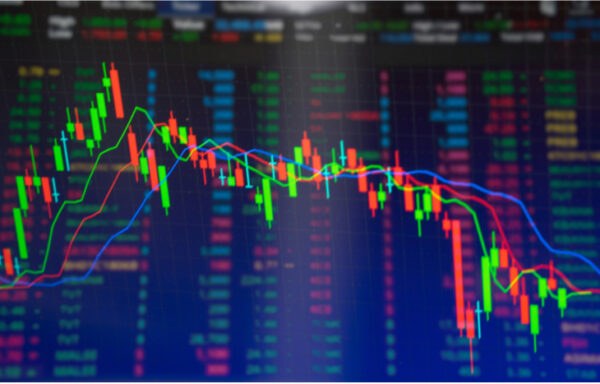What is the Securities and Exchange Commission (SEC)?
Anyone who trades in securities is familiar with the Securities and Exchange Commission (SEC). Created by the Securities Exchange Act in 1934, the SEC is a federal organization that governs and enforces the laws of the security industry. In fact, it aims to protect investors and maintain efficient markets. It’s responsible for protecting investors and establishing the standards for fair and transparent operations by companies offering securities.
The SEC consists of five commissioners. Moreover, each are appointed by the President of the United States and approved by the Senate. No more than three commissioners can represent any one single political party. Commissioner terms stagger, lasting five years to overlap changes in the House, Senate and Executive leadership. These individuals, along with the prolific experts that comprise the SEC, execute its many functions as a governing body for markets.

The Mission, Vision and Values of the SEC
The role of the SEC is far-reaching in regulating markets to ensure they remain fair, transparent and accessible. For example, here’s a quick look at the mission, vision and values of the organization:
- Vision: The SEC strives to promote a market environment that is worthy of the public’s trust and characterized by transparency and integrity.
- Mission: The mission of the SEC is to protect investors; maintain fair, orderly and efficient markets; and facilitate capital formation.
- Values: Integrity, accountability, effectiveness, teamwork, fairness and an unyielding commitment to excellence.
Together, these governing principles are key in stipulation, governance and enforcement of rules and protocols in securities markets. Additionally, these tenants apply to companies, investors, broker-dealers and financial services firms.
The History and Formation of the SEC
The Securities and Exchange Commission was a direct product of Congress’ passage of the Securities and Exchange Act of 1934. Following the Great Depression, investor confidence in markets was poor. And there was no centralized governing body to regulate markets across regions. As a result, the SEC became the de-facto authority for stock markets and securities exchange. It established oversight and guidance at a previously unprecedented level.
The SEC’s first job was to clean up the securities market. And it made quick work of widespread fraud, while establishing systems for preventing future abuses. Specifically its goals were four-fold:
- Restore investor confidence in the then-collapsed securities market;
- Prosecute and eliminate fraudulent and unsound practices targeting investors;
- End insider trading by top officials of major corporations;
- Establish a universal system of registration for securities sold in America.
The agency succeeded in fulfilling all four of these criteria. In just five years, the SEC amassed 700 prosecutions of fraud and stock manipulation. In fact, it restored order to markets and confidence to investors. Over the next 30 years, the SEC grew in its role as an enforcement agency. It also put more focus into regulating interactions within securities markets.
Today, the SEC serves much of the same role as it did at its inception. Its core tenants remain the same. However, the agency has become more robust and far-reaching with the advent of technology and new modes of trading. For example, in 1994 the organization launched EDGAR to house the registration statements of companies in a public, searchable forum for investors.
The Governance Capabilities of the SEC
The SEC has broad responsibilities that cover many different facets of market oversight. In fact, the agency breaks its operations down into five key areas of focus:
- Corporation Finance deals with the standardization and transparency of company reporting processes, documentation and standards.
- Trading and Markets seeks to maintain the fluidity and general stability of markets by ensuring the free exchange of securities between buyers and sellers.
- Investment Management sets the standards and criteria for the certification of financial advisors and investment managers.
- Enforcement deals with the identification and prosecution of fraud, insider trading, falsified information and other missteps by companies and investors.
- Economic and Risk Analysis provides unbiased, factually rooted information used to assess the health of securities markets and their relationship to the broader economy.
Each focus arena of the SEC represents an important pillar in keeping markets free, yet closely monitored. Together, they form the bulk of the SEC’s operations, which affect companies offering securities, investors, financial managers and anyone else involved in securities exchange.
The SEC as Part of Broad Financial Economic Oversight
The Securities and Exchange Commission often liaises with other departments and agencies to provide support and continue adhering to its mission. For example, some of the many organizations the SEC works in tandem with include:
- Independent governing bodies. This includes the Financial Industry Regulatory Authority (FINRA), Securities Investor Protection Corporation (SIPC) and Municipal Securities Rulemaking Board (MSRB), among others.
- Other government agencies, including the Internal Revenue Service (IRS), the U.S. Department of the Treasury and the U.S. Bureau of Economic Analysis (BEA), among others.
- Third-party consultants, advisors and strategists. In addition, other investment and financial professionals operating within securities markets. These individuals may require certification or licensure on behalf of the SEC to operate.
- Financial institutions. In general, this includes underwriting banks and investment brokerages to ensure the proper submission and handling of critical financial documents in accordance with regulatory protocols.
The reach of the SEC is broad and continues to grow broader and more complex as investment markets grow. With the introduction of cryptocurrency and the growing movement toward globalization of economies, it’s a sure bet the SEC will add new chapters to its storied history.
The Securities and Exchange Commission Protects Investor Interests
The Securities and Exchange Commission seeks to protect investors and ensure markets remain fair. Therefore, by prosecuting wrongdoing and establishing criteria for the buying and selling of securities, the organization is responsible for the proliferation of wealth within markets. When everyone plays by the same rules, it creates a fair and transparent marketplace that runs self-regulated.
To learn more about the stock market and its regulatory bodies, sign up for the Liberty Through Wealth e-letter below. This daily newsletter provides stock market history, insights, analysis and more!
The SEC has maintained the United States stock market for nearly a century. Overall, it continues to evolve and adapt to ensure investors are able to trade freely, fairly and with peace of mind.
[adzerk-get-ad zone="245143" size="4"]




